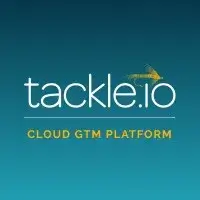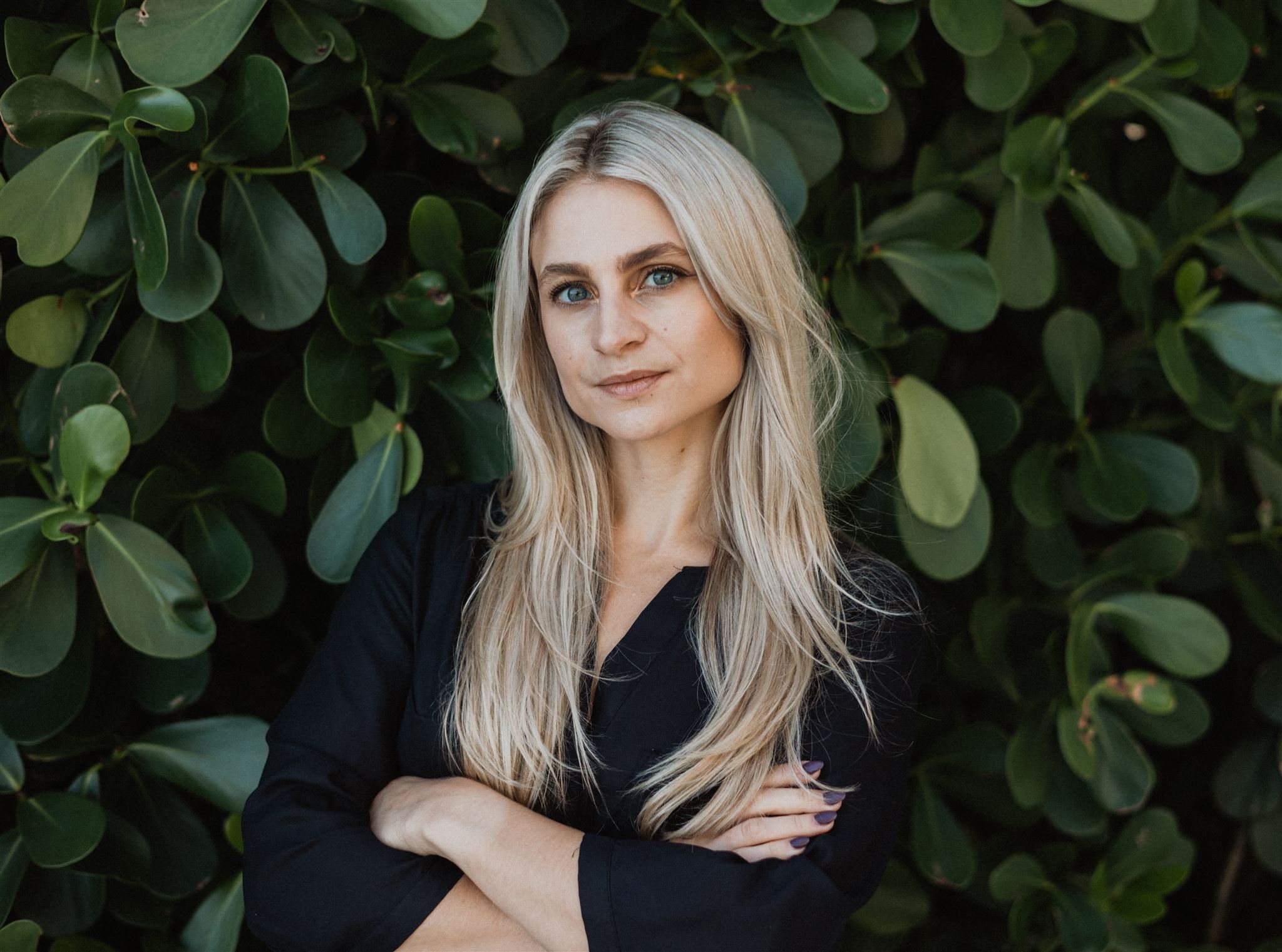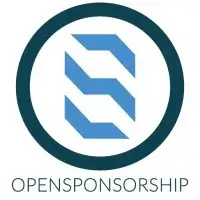Ready to launch your own podcast? Book a strategy call.
Frontlines.io | Where B2B Founders Talk GTM.
Strategic Communications Advisory For Visionary Founders
Conversation
Highlights
Welcome to another episode of Category Visionaries — the show that explores GTM stories from tech’s most innovative B2B founders. In today’s episode, we’re speaking with Ori Entis, CEO and co-founder of Staircase AI, a customer intelligence and analytics platform that has raised $5 million in funding.
- Ori’s background growing up in Israel, serving in the military, transitioning from engineering to the startup world, and the inspiration behind founding Staircase AI.
- How Staircase AI uses AI to analyze millions of customer interactions across channels, forecast churn risk, reveal growth opportunities, and empower customer-facing teams.
- The challenges of driving early adoption, landing first customers, and navigating the hype and skepticism around AI in the B2B SaaS space.
- Staircase AI’s pivot from a product-led growth (PLG) model to an enterprise sales approach, and the lessons learned from failing fast and adapting to market realities.
- The evolving role of customer success leaders in SaaS and the importance of leveraging AI-powered insights to navigate retention, expansion, and relationship-building.
- Ori’s vision for the future of artificial customer intelligence as a sentient, augmentative platform that enhances human efficiency without replacing jobs.
Actionable
Takeaways
Embrace the "Fail Fast" Mentality:
Staircase AI's journey highlights the importance of being willing to pivot when things aren't working. Despite the allure of product-led growth, Ori and his team recognized early on that PLG wasn't the right fit for their product and target persona. By failing fast and course-correcting to an enterprise sales model, they were able to regain traction. Founders should cultivate a culture that celebrates learning from failure and adapt quickly when data reveals a need for change.
Balance Conviction with Data-Driven Decisions:
As a startup founder, it's easy to fall in love with your own ideas and resist pivoting based on data. Ori shares how he had to temper his impatience to change messaging and trust his team's data-driven approach to iterative testing. While conviction is essential, founders must also be humble enough to let data guide critical decisions around positioning, features, and GTM. Striking this balance accelerates the path to product-market fit.
Bring in Experienced Talent Early:
Looking back, Ori wishes he had brought in experienced leaders in areas like marketing and finance earlier in Staircase AI's journey. As a technical founder, it's tempting to try to cover all the bases yourself, but this can slow your growth. Founders should prioritize hiring seasoned operators who can shorten learning curves and help the company execute faster. Even if the talent market is tight, the right leadership hires pay major dividends.
Design for Organizational Adoption in B2B:
Staircase AI's PLG experiment revealed that bottoms-up adoption is challenging when a product requires broad data access and cross-functional collaboration. For B2B products that necessitate organization-wide buy-in, founders should design onboarding flows and value props with multiple stakeholders in mind. Solving for the needs of champions, influencers, and decision-makers across the org chart is key to driving successful implementations.
Stay Agile in Messaging and Positioning:
Ori estimates that Staircase AI's messaging changes every 3-6 months in response to product evolution, market maturity, and shifting customer needs. Rather than aiming for "perfect" positioning out of the gate, founders should prioritize testing and learning. By continuously collecting feedback and monitoring engagement data, startups can refine their narrative to resonate with ideal customers. Agility in messaging is a hallmark of category-creating companies.
Recommended Founder
Interviews


Lars Grønnegaard Hansen
CEO and Co-Founder of Dreamdata
Lars Grønnegaard Hansen, CEO & Co-Founder of Dreamdata: $12 Million Raised to Build the Future of B2B Revenue Attribution


Leena Joshi
CEO of CloseFactor
Leena Joshi, CEO of CloseFactor: $15+ Million Raised to Automate Repetitive Sales Processes

Dan Rua
CEO of Admiral
Dan Rua, CEO of Admiral: $28 Million Raised to Build the Future of Visitor Relationship Management


Rob Sadow
CEO & Co-Founder of Scoop
Rob Sadow, CEO & Co-Founder of Scoop: $8 Million Raised to Build the Future of Hybrid Team Coordination


Jared Siegal
CEO and Founder of Aditude
Jared Siegal, CEO and Founder of Aditude: $15 Million Raised to Build the Future of Publisher Monetization


Zack Rosenberg
CEO and Founder of Qortex
Zack Rosenberg, CEO & Founder of Qortex: $11 Million Raised to Build the Future of Video Analytics


Pierce Ujjainwalla
CEO of Knak
Pierce Ujjainwalla, CEO of Knak: $25 Million Raised to Empower Enterprise Marketers with Codeless Email and Landing Page Creation


Creating the Marketing Automation Category with Mark Organ
CEO of Eloqua
Creating the Marketing Automation Category with Mark Organ


Jonathan Legge
Co-Founder and CEO of &Open
Jonathan Legge, Co-Founder and CEO at &Open: Over $35 Million Raised to Create the Future of Corporate Gifting


Jonas Rinde
CEO of Nomono
Jonas Rinde, CEO of Nomono: $15 million Raised to Power the Future of Podcasting


Taylor Lint
CEO and Founder of Swantide
Taylor Lint, CEO and Founder of Swantide: $7 Million Raised to Revolutionize How Companies Design and Build Their GTM Infrastructure


Patrick Woods
CEO and Co-Founder of Orbit
Patrick Woods, CEO and Co-Founder of Orbit: Over $22 Million Raised to Power the Future of Communities


Stephen Karaolis
Marketing Director of Cleary
Stephen Karaolis, Marketing Director at Cleary: Mastering Speed to Market – The Key to Dynamic Content Strategy


Sangram Vajre
Co Founder and CEO of GTM Partners
Behind the Category: Creating the Account-Based Marketing (ABM) Category with Sangram Vajre


Marc Bernstein
CEO and Founder of Balto
Marc Bernstein, CEO and Founder of Balto: $52 Million Raised to Power the Future of Contact Centers


Chris Golec
CEO and Founder of Channel99
Chris Golec, CEO and Founder of Channel99: $5 Million Raised to Power the Future of B2B Marketing


Sam Mallikarjunan
Co-Founder & CEO of OneScreen
Sam Mallikarjunan, Co-Founder & CEO of OneScreen: $10 Million Raised to Power the Future of Offline Advertising


John Jahnke
CEO and Co-Founder of Tackle.io
John Jahnke, CEO and Co-Founder of Tackle.io: $148 Million Raised to Build the Future of Cloud Go-to-Market

Luke Hansen
CEO and Founder of CompanyCam
Luke Hansen, CEO and Founder of CompanyCam: $38 Million Raised to Build the Future of Visual Communication for Contractors


Thomas Millay
CEO of DemandJump
Thomas Millay, CEO at DemandJump: Over $25 Million Raised to Power the Future of Content Strategy


Rajat Mishra
Founder & CEO of Prezent
Rajat Mishra, Founder & CEO at Prezent: Over $24 Million Raised to Build the Presentation Productivity Platform Category


Marty Ringlein
CEO & Co-Founder of Agree.com
Marty Ringlein, CEO & Co-Founder of Agree.com: $3M Raised to Transform Contract-Based Revenue Management


Daniel Erickson
Founder and CEO of Viable
Daniel Erickson, CEO of Viable: $9 Million Raised to Build the Future of Customer Feedback Analysis


CEO and Co-Founder of Sendoso
Creating the Sending Management Category with Sendoso’s Kris Rudeegraap


Ariana Faustini
Head of Golioth
Ariana Faustini, Head of Global Marketing at Golioth: Embracing Authenticity in Developer Marketing


Canay Deniz
CEO & Co-Founder of Ren Systems
Canay Deniz, CEO & Co-Founder of Ren Systems: $8.8 Million Raised to Build the Future of Relationship Intelligence for Dealmakers


Alex Reynolds
Alex Reynolds, CEO & Co-Founder of Vendelux: $20 Million Raised to Build the Future of Event Intelligence


Katy Carrigan
CEO of Goody
Katy Carrigan, CEO of Goody: $32 Million Raised to Build the Future of Corporate Gifting


Andy Mowat
CEO and Co-Founder of Gated
Andy Mowat, CEO and Co-Founder of Gated: Over $3 Million Raised to Build Noise Cancelling Headphones for Email


Parry Bedi
Co-Founder and CEO of Tingono
Parry Bedi, CEO of Tingono: $7 Million Raised to Help Companies Boost Net Revenue Retention

Ava Barnes
VP of Brand & Community of Alvys
From Psychology to 5X Growth: Inside Alvys’ Marketing Playbook


Robert Thelen
CEO & Founder of Rownd
Robert Thelen, CEO & Founder of Rownd: $3.3 Million Raised to Build the Future of App Onboarding


Ashish Nagar
Founder & CEO of Level AI
Ashish Nagar, CEO of Level AI: $35 Million Raised to Power Contact Centers of the Future


Marty Kausas
CEO & Co-Founder of Pylon
Marty Kausas, CEO & Co-Founder of Pylon: $20 Million Raised to Build the First B2B Support Platform


Chris Strahl
CEO of Knapsack
Chris Strahl, CEO of Knapsack: $7 Million Raised to Build the Future of Design Systems

Omed Habib
VP of Sapient AI
Omed Habib, VP of Marketing at Sapient AI: A Technical Founder’s Guide to B2B SaaS Marketing


Tine Karlsen
Co-Founder & CEO of Vev
Tine Karlsen, CEO and Co-Founder of Vev: $7 Million Raised to Power the Future of No-Code Visual Design

Spencer Dusebout
CEO & Founder of Aidium
Spencer Dusebout, CEO & Founder of Aidium: $19 Million Raised to Build the Future of Mortgage CRM


Hikari Senju
CEO and Founder of Omneky
Hikari Senju, CEO and Founder of Omneky: $10 Million Raised to Empower Brands With AI-Powered Ads To Maximize Performance


Tom Lee
Co-Founder of LOVO AI
Tom Lee, Co-Founder of LOVO AI: $7 Million Raised to Build the Future of AI Voiceovers

Matt Krebsbach
Senior Vice President of Thought Leadership & Brand Awareness of Acquia
From Politics to PR: Building Unassailable Market Position


Creating the Go to Market Category with ZoomInfo’s Bryan Law
CMO of ZoomInfo
Creating the Go to Market Category with ZoomInfo’s Bryan Law


Dan Malgran
VP of Marketing of Steno
Dan Malgran, VP of Marketing at Steno: Elevating Legal Tech with Revenue-Driven Marketing Strategies

Cory Schmidt
Head of Marketing of Heyflow
Mastering Organic Growth: Insights from Heyflow’s Head of Marketing


Tyler Strand
Co-Founder and CTO of Air
Tyler Strand, Co-Founder and CTO at Air: $38 Million raised to Build the Creative Operations Category


Ishveen Jolly
CEO and Co-Founder of OpenSponsorship
Ishveen Jolly, CEO and Co-Founder of OpenSponsorship: Over $5 Million Raised to Build the Future of Sports Influencer Marketing


Adrien Menard
CEO and Co-Founder of Botify
Adrien Menard, CEO and Co-Founder of Botify: $82 Million Raised to Build the Future of SEO


Sam Fonoimoana
Founder & CEO of Datajoin
Sam Fonoimoana, Founder & CEO of Datajoin: $3.5 Million Raised to Help Brands Leverage Customer Behavioral Insights


Michael Bamberger
CEO and Founder of Tetra Insights
Michael Bamberger, CEO and Founder of Tetra Insights: $7 Million Raised to Power the Future of Qualitative Research


Pulkit Agrawal
CEO & Co-Founder of Chameleon
Pulkit Agrawal, CEO & Co-Founder of Chameleon: $15 Million Raised to Build the Product Adoption Category


Andrew Forman
Founder of Givz
Andrew Forman, CEO of Givz: $3 Million Raised to Make Donating, Not Discounts, eCommerce Brands Ultimate Growth Lever


Vinay Jain
Founder of MadMen AI
Vinay Jain, Founder of MadMen AI: $4.5 Million Raised to Build the Future of AI-Powered Marketing Platforms